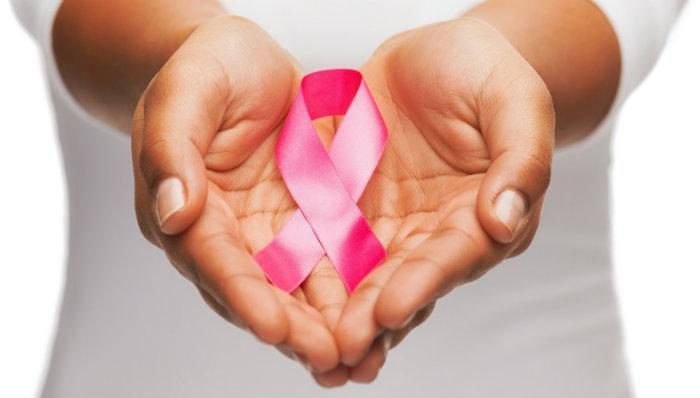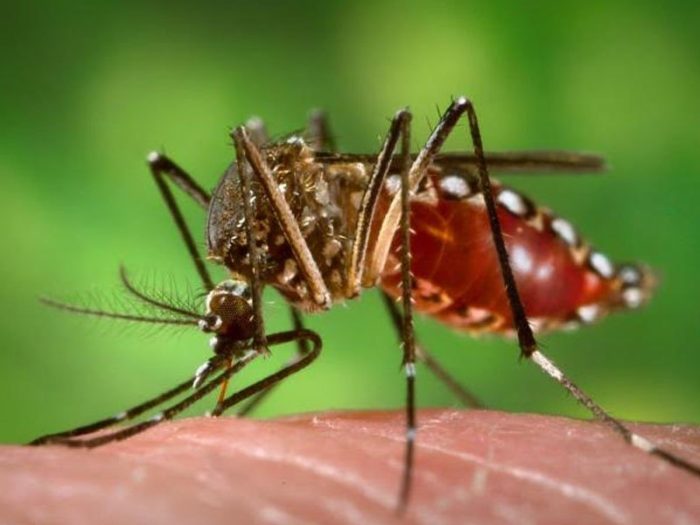Malaria in pregnancy should be considered a medical emergency as it does more harm to the fetus than envisaged, the Head, Case Management Branch, National Malaria Elimination Programme, Dr. Godson Ntadom has said.
He noted that while malaria parasites in non pregnant persons feed on nutrients from the red blood cell of its host, that of pregnant women prefers to stay in the placenta where it feeds on the nutrients meant to supply the fetus because of its richness, thereby starving the fetus to death.
Speaking during the NMEP, Health Communication Capacity Collaboration and Health Editors interactive section in Lagos recently, he said, “during the period the parasites are feeding on the nutrients coming into the placenta meant for the fetus, the woman will not feel the signs of malaria because technically the placenta is not part of her body. It is when the parasites are full and satisfied that they now move into the woman’s blood stream, and at which point, she will start noticing malaria symptoms.”
Ntadom said it was a medical emergency because the point the woman starts noticing malaria signs means the parasites have starved the fetus of its needed developmental nutrients and are satisfied with the placenta.
“By this time they will then move to the woman’s blood where she will start filling the symptoms of the disease. There is a high possibility that at this point the damage may have been done to the fetus. That is why it is a medical emergency to see if the situation can be remedied,” he added.
He said contrary to popular belief that anti-malaria drugs were not good for treating malaria in pregnancy, the medical expert said it was the parasites that kill the fetus and not the drugs.
“Often times, pregnant women start treating malaria when they start noticing malaria signs, but what most people don’t know is that before a pregnant woman start noticing the symptoms, the parasites must have done damage to the fetus through feeding on the placenta. It is when the parasite is done with the placenta (probably damaged the fetus) that the woman can start noticing signs,” Ntadom said.
Meanwhile, Ntadom has reiterated Federal Government’s earlier decision to ban the use of Chloroquine and mono-therapy drugs for the treatment of malaria in Nigeria.
He said the emphasis on the ban on Chloroquine and mono-therapy drugs were necessary as some persons still sell them to unsuspecting patients.
“Apart from mono-therapy injections which are used for treatment of severe malaria, its drugs and Chloroquine have long been banned by government. It is a criminal offense for any health personnel to sell them to patients,” he added.
In the same vein, he said Nigerians do not need medicines for the prevention of malaria, adding that only pregnant women and foreigners should be given such recommendations.
“The one presently recommended now is Malarone which is a combination of two medicines and it is for foreigners who probably would be staying in the country for a short time.
He said the citizens were free to visit NMEP website www.ncmp.gov.ng for informations on malaria in Nigeria.


